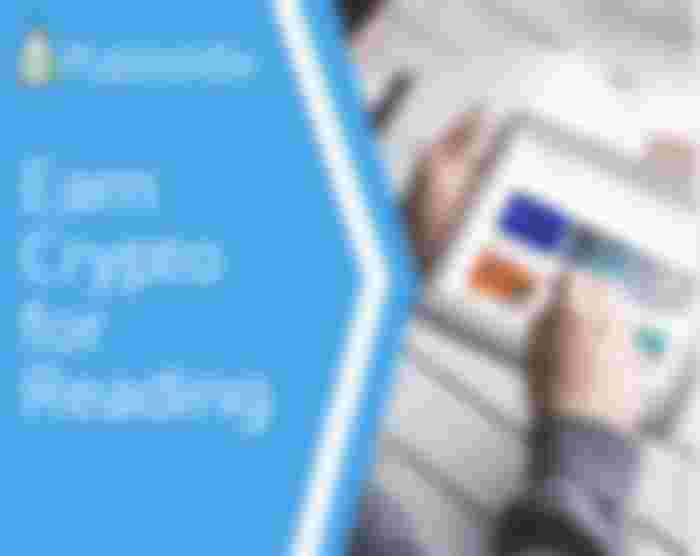Listen to this article as a podcast.
The United States of America was originally founded upon the principles of democracy and self-governance. Its Founding Fathers believed first and foremost that citizens had a God-given right to life, liberty, and the pursuit of happiness. Maybe just as important though was their belief that people had the right to govern themselves and choose their own leaders. They formalized their beliefs in a series of documents, perhaps the most important of which was the U.S. Constitution, which defined exactly how the newly formed country was meant to be governed and which rights were eternally granted to its citizens.
The Founding Fathers had high hopes for the new country and for the Constitution that would preserve its structure. Unfortunately, it may be safe to say that their lofty goals have been diverted somewhat in the intervening centuries. Constitutional doctrine is debated daily in the halls of Congress and the Supreme Court, with the document’s meaning being repeatedly re-determined on the whims of the political pundits of the day. This shouldn’t come as too much of a surprise. The people tasked with protecting the Constitution are human after all and subject to their own imperfections. There was simply no better alternative at the time of the Constitution’s signing.
DAO: What’s In A Name?
Thankfully, times have changed. Technologies like the internet and social media have opened up the possibility of participation in governance and leadership to a much wider range of people. That said, those technologies to a large degree are still controlled by gatekeepers, both public (i.e., the government) and private (i.e., corporations). But blockchain may succeed where predecessor technologies have failed.
Blockchain in its purest form allows for financial and governance systems to operate in an entirely trustless manner. Participants are able to rely on underlying software code to execute orders without bias or interference. In other words, there is no need to trust a government organization, corporation, or anyone else to certify the system and its functionality. This openness and the technology enabling it have led to the ability to create decentralized systems where any number of people can participate in governance. And there may be no better example than Decentralized Autonomous Organizations (DAOs).
A variety of DAOs have been created over the years, allowing people to anonymously come together for a variety of reasons, such as investment management and currency creation. DAOs do not rely on centralized parties for governance and enforcement. They instead run on top of smart contracts that have the sole purpose of ensuring that the commonly defined goal is met. Each participant in a DAO typically receives a share of the organization’s governance responsibility commensurate with the level of investment sent into the smart contract, which helps ensure that decision-making is distributed and that any bad actor wishing to gain control of the DAO’s governance needs to spend considerable sums in order to achieve that goal.
It is important to mention of course that there are other ways to interfere with a DAO’s operation. For example, the very first DAO met an unfortunate end at the hands of a hacker or group of hackers who exploited a flaw in the coding of its underlying smart contract to steal millions of dollars’ worth of the Ethereum cryptocurrency. In spite of DAOs’ imperfections, it stands to reason that their open governance structure and the fact that they are easily deployed on top of worldwide blockchains will soon lead to an explosion in their use in various industries and communities.
A Meeting of DAOs and the Constitution
In a rather poetic turn of events, a DAO was recently formed by a large group of people whose goal was to obtain an original copy of the U.S. Constitution. That seems fitting since, had the technology existed at the time the Constitution was written, the Founding Fathers may have been inclined to use a DAO to guide the country’s governance. Such a course of action would have enabled democratic participation by all citizens, rather than subjugation to the Executive, Judicial, and Legislative branches that dominate the country’s governance structure today.
It’s been rumored that the Constitution DAO’s formation was originally proposed as a joke, but a core team quickly solidified around the idea and tens of thousands of participants around the world came together to provide over 40 million dollars of funding for the purchase. In what could be considered proof of the superiority of decentralized governance over centralized structures, the DAO’s end goal was to make the acquired Constitution available to be viewed by the public for free rather than acquiring it as a tool for profit. Unfortunately for us all, the Constitution DAO was unsuccessful in its quest and was outbid by the CEO of Citadel, Ken Griffin, who as recently as a few weeks ago came out as a staunch critic of Bitcoin and cryptocurrency.
It is not an exaggeration to say that blockchain technology is revolutionizing the world, and DAOs are enabling people to band together to make positive change like never before. It will be exciting to see the types of investments and improvements that will change the world thanks to the collaboration enabled by DAOs.
Like what you see, but not a subscriber yet?
Consider subscribing for:
📧Two weekly emails on the topics of cryptocurrency and blockchain
💰Subscriber giveaways for Bitcoin, Crypto Bestseller Books, Non-Fungible Tokens (NFTs), and more
🗣Real-time community discussions on the latest news within Crypto
Can’t Get Enough Crypto In Your Life?
Consider joining my:
🐥Twitter. Where I share live news and thoughts about the goings on of the crypto-verse.
📸 Instagram. Where I share bytes of crypto knowledge about more topics than we can cover in a twice-weekly newsletter.
📚Facebook. Where I share my latest content and engage the community on the world’s biggest social network.
Support the newsletter:
Send Bitcoin to my Wallet: bc1qfaflktp5ql543lzc4qn8m842v04tfam3ydmu4f
Recommended service:

Want to grow your crypto while you hodl it? I use BlockFi to earn interest on my Bitcoin and crypto, and they also offer cryptocurrency exchange, custody services, and more. Open a new account and earn $40 in free Bitcoin when you deposit your first $100 of crypto on BlockFi.

Want to earn crypto while you learn about it? I use Publish0x.com to learn about crypto and support crypto bloggers while getting paid for it. The best part? It’s completely free! Sign up and start earning today!
Crypto Roundup 🤠
Bitcoin Standard: Bitcoin’s hard money properties promise to improve governments, free economies, and benefit individuals much more than the current fiat-based system. Read more
Bitcoin DeFi: Bitcoin’s focus on being sound money ensures that it has the greatest chance to create a long-lasting alternative financial system built in DeFi. Read more
Anti-Inflation: Bitcoin will usher in an age where all people are no longer subjected to loosely-controlled inflation that robs them of wealth and long-term security. Read more
If you enjoyed the above article, please consider supporting me by providing a small tip and by subscribing to my free newsletter.
You can also take this 3-question survey to tell me how I can improve the newsletter for you. Click here.
This is not financial advice. This newsletter and related content are for informational purposes only. Cryptocurrencies, stocks, and similar assets can be risky. Always do your own research before making any sort of investment.

